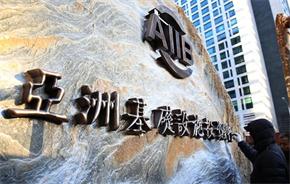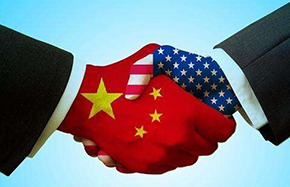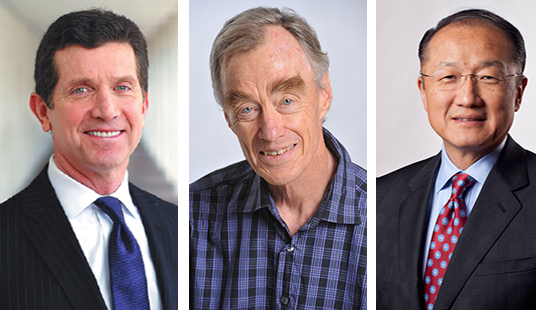Maybe a few more rules for parks
[2009-06-09 07:54]In the concrete jungle of Hong Kong, we love our parks.
Behind those expert talks on stocks
[2009-06-02 07:44]The domestic business press is obsessed with "zhuanjia," or experts of all hues and diverse backgrounds.
Yam leaves behind much to ponder
[2009-05-26 09:21]The retirement of Hong Kong monetary chief Joseph Yam this October should open the way for the separation of the authority's supervisory functions from the central bank.
HK's heritageas reflected inmundane life
[2009-05-19 07:44]Browsing a popular photography website, I came across a set of pictures of Hong Kong posted by an unknown mainland photographer.
For made in China, using is believing
[2009-05-11 07:42]Interviewed on television, a Chinese weapon expert laments that domestic arms makers enjoy no advantage in precision machining.
Software for a financial center here
[2009-05-04 07:35]Shanghai has the will, the hardware and the backing of the central government to become a financial center. It also enjoys the advantage of being strategically located to service the vast industrial hinterland of central China.
Services key to airline recovery
[2009-04-28 07:54]Unable to stop the bleeding, the three Chinese State-owned airlines are being kept alive with huge infusion of fresh capital from the government and new credit lines from banks.
Not just another old building
[2009-04-21 07:44]After a quarter of a century, the Hong Kong judiciary will return to its rightful home, the grand Supreme Court Building, presently occupied by the Legislative Council.
Tax havens not sole attraction
[2009-04-14 07:41]Of all the years I worked in Hong Kong as a reporter covering markets and companies, I never knew that the place was a tax haven. Stories on that topic were mainly about Hong Kong companies moving their domiciles to overseas tax havens, such as the Cayman Islands, Bermuda, or some exotic locale in the Pacific.
Quantitative easing best to free up credit
[2009-04-07 07:47]The strengthening of the US dollar against most other major world currencies in the past couple of months has been one of the least understood phenomena of the global financial crisis.
Singapore hype good lesson not to fear Shanghai
[2009-03-31 07:43]A favorite story among Hong Kong financial reporters in the 80s and 90s was the competition with Singapore as the region's premier financial center.
Confidence no pie in the sky in Hong Kong
[2009-03-24 07:46]It's always nice to hear someone influential saying good things about my home town, especially when it's facing the toughest economic challenge since the outbreak of the Asian financial crisis in 1997.









